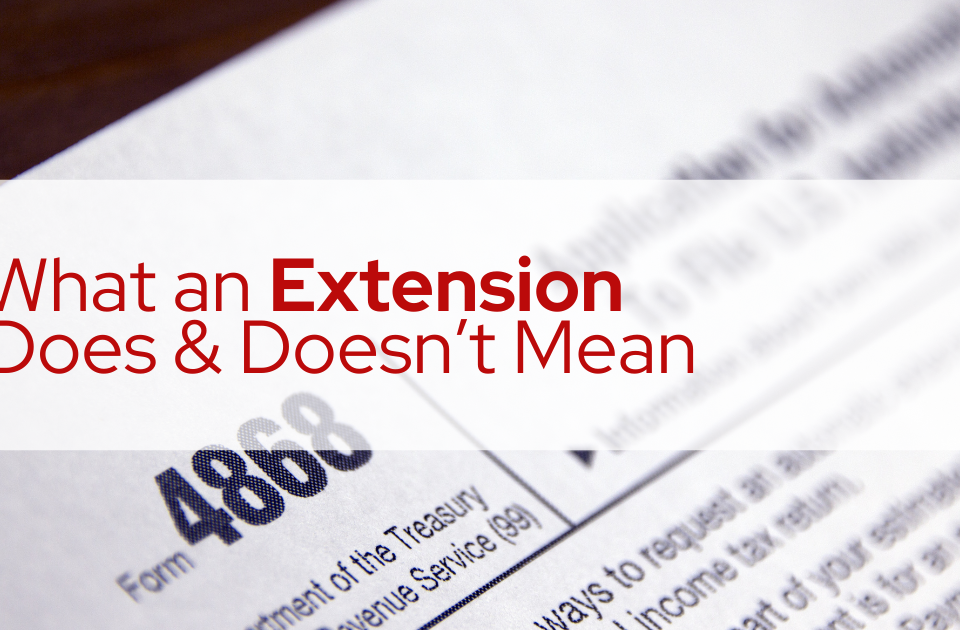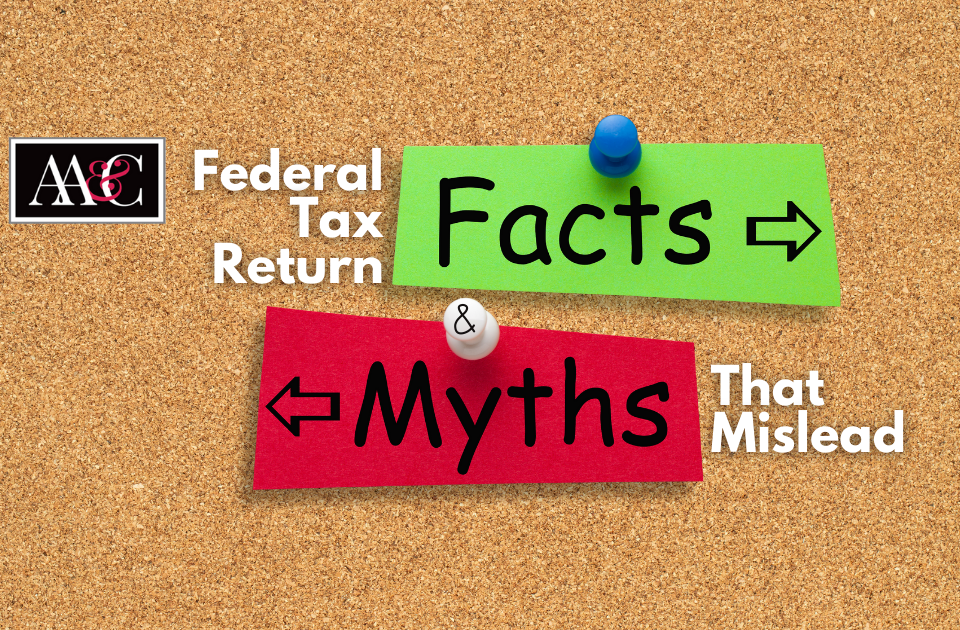
A Guide for Post-Tax Season Financial Planning
May 1, 2024
Tax Considerations for Summer Activities
July 1, 2024Navigating tax extensions can provide much-needed breathing room for those who need more time to file. Let’s delve into the process and implications of filing for a tax extension, addressing common concerns and misconceptions, and offering guidance on how to navigate this process smoothly.
Understanding & Navigating Tax Extensions
A tax extension grants you additional time to file your tax return, typically extending the deadline by six months. For individuals, this moves the deadline from April 15th to October 15th, while for businesses, it shifts from March 15th to September 15th for partnerships and S corporations, and from April 15th to October 15th for C corporations.
Implications and Misconceptions
One common misconception about tax extensions is that they provide extra time to pay any taxes owed. However, this is not the case. An extension only extends the filing deadline, not the payment deadline. Any taxes owed must still be paid by the original deadline to avoid penalties and interest. Failure to pay on time can result in penalties and interest charges, even if you file for an extension.
Filing for an Extension
Filing for a tax extension is a relatively straightforward process. Individuals can use IRS Form 4868, while businesses can use Form 7004. These forms can be submitted electronically or by mail. It’s essential to provide accurate information and estimate your tax liability as closely as possible to avoid underpayment penalties.
Avoiding Penalties
To avoid penalties for late payment, it’s crucial to estimate and pay any taxes owed by the original deadline. Even if you’re unable to pay the full amount, paying as much as you can will reduce penalties and interest charges. Additionally, filing for an extension on time can help avoid the late-filing penalty, which can be significant.
Common Concerns when Navigating Tax Extensions
One concern many taxpayers have is that filing for an extension will increase their chances of being audited. However, there’s no evidence to suggest that filing for an extension increases audit risk. As long as you accurately report your income and deductions, you should have nothing to worry about.
By understanding the process, implications, and misconceptions surrounding tax extensions, you can navigate this process with confidence. Remember to estimate and pay any taxes owed by the original deadline to avoid penalties and interest charges. If you have any questions or need assistance with filing for an extension, don’t hesitate to reach out to our team of experienced CPAs. We’re here to help you with navigating tax extensions effectively.
706-288-2000 | | augustacpas.com




